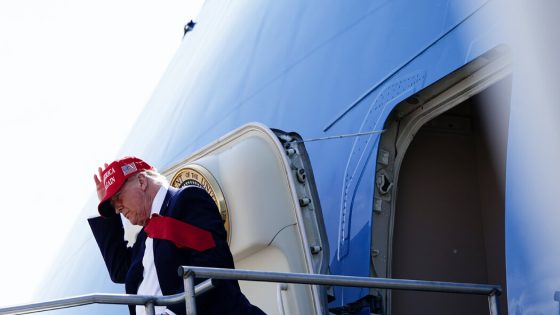The recent temporary reduction in tariffs between the united states and China marks a significant shift in trade relations. This decision, announced in Geneva on May 13, 2025, aims to alleviate the trade embargo that has impacted both countries. American consumers may now face fewer empty shelves during the holiday season, potentially limiting price hikes.
- Temporary tariff reduction eases trade tensions
- American shoppers may avoid empty shelves
- Trade policy heavily influenced by Trump
- Global economic uncertainty at record high
- Other countries reassessing U.S. reliability
- Uncertainty discourages hiring and investment
Despite this positive News, the uncertainty surrounding U.S. trade policy remains. President Trump’s unpredictable approach has left many wondering if this is the new normal for trade negotiations. How will this affect the U.S. economy moving forward?
This latest development raises crucial questions about the future of U.S. trade policy. Will other nations continue to view the U.S. as a reliable trading partner? Experts suggest that the unpredictability of recent tariff decisions has led to a record high in economic policy uncertainty, which can hinder business investment and hiring.
- Tariff changes have been frequent and often contradictory.
- Other countries are reassessing their trading relationships with the U.S.
- Economic uncertainty can discourage investment and hiring.
As we look ahead, it’s crucial for policymakers to establish a more stable trade environment. Consumers and businesses alike should prepare for potential shifts in the market landscape.

































